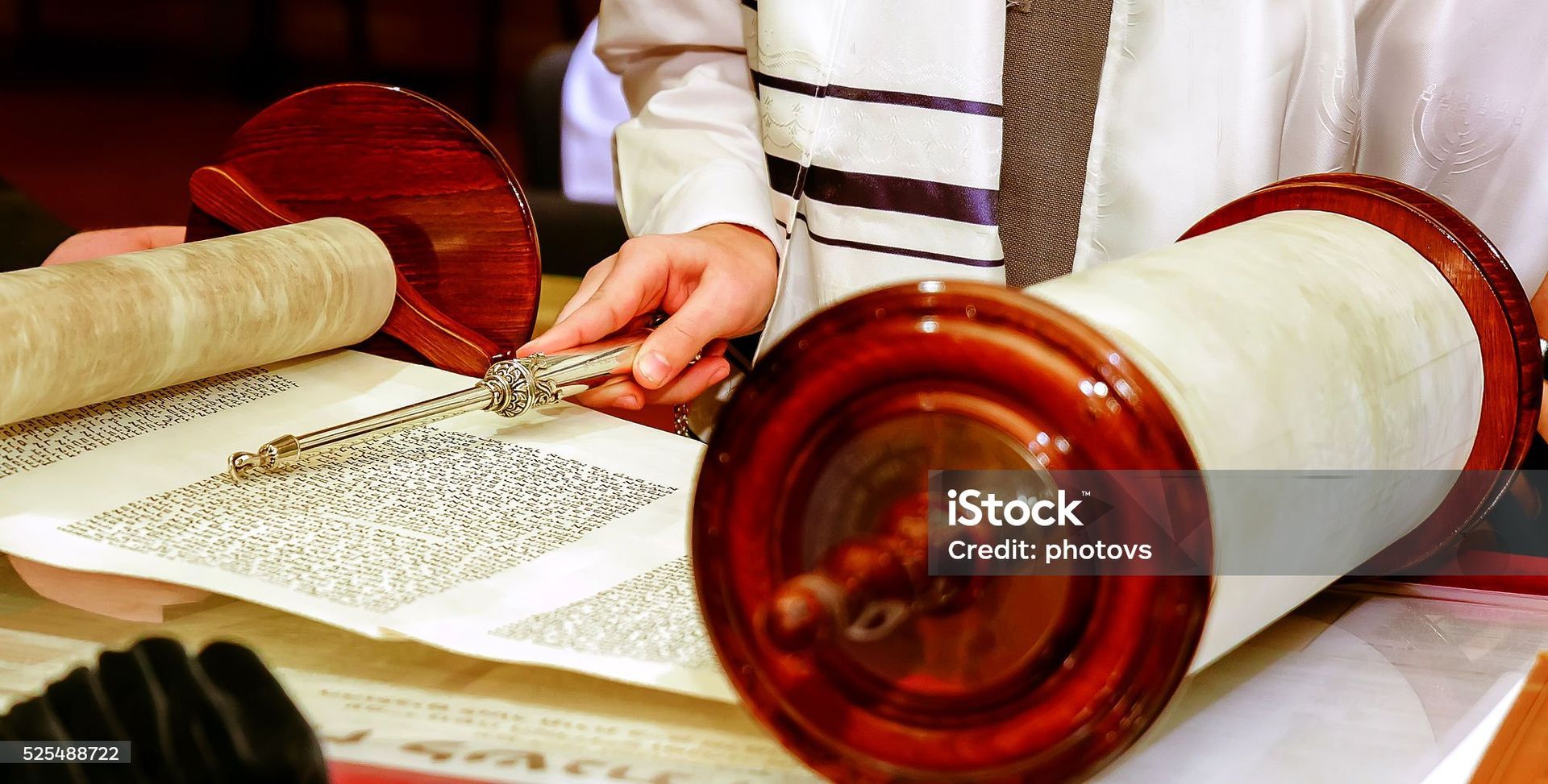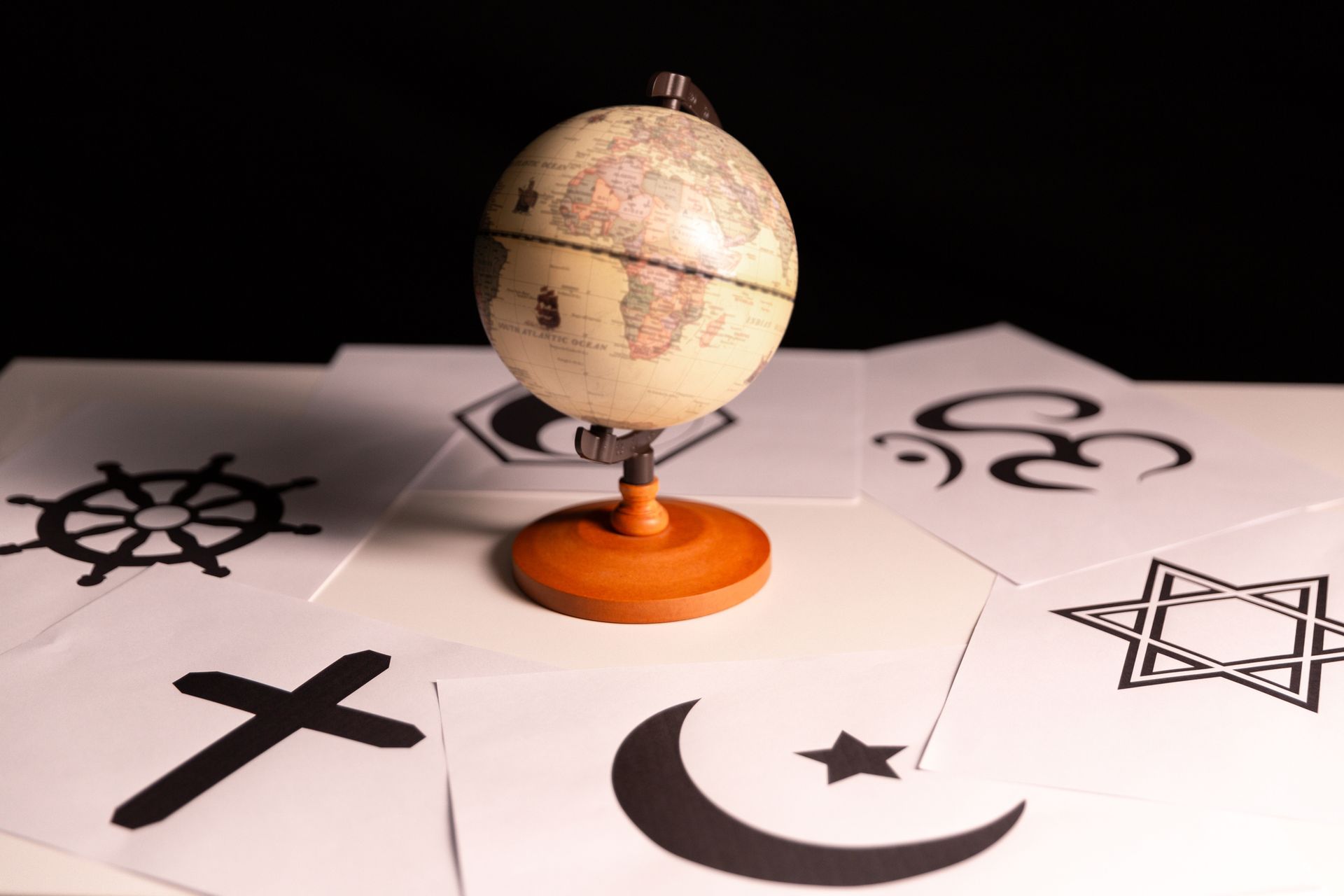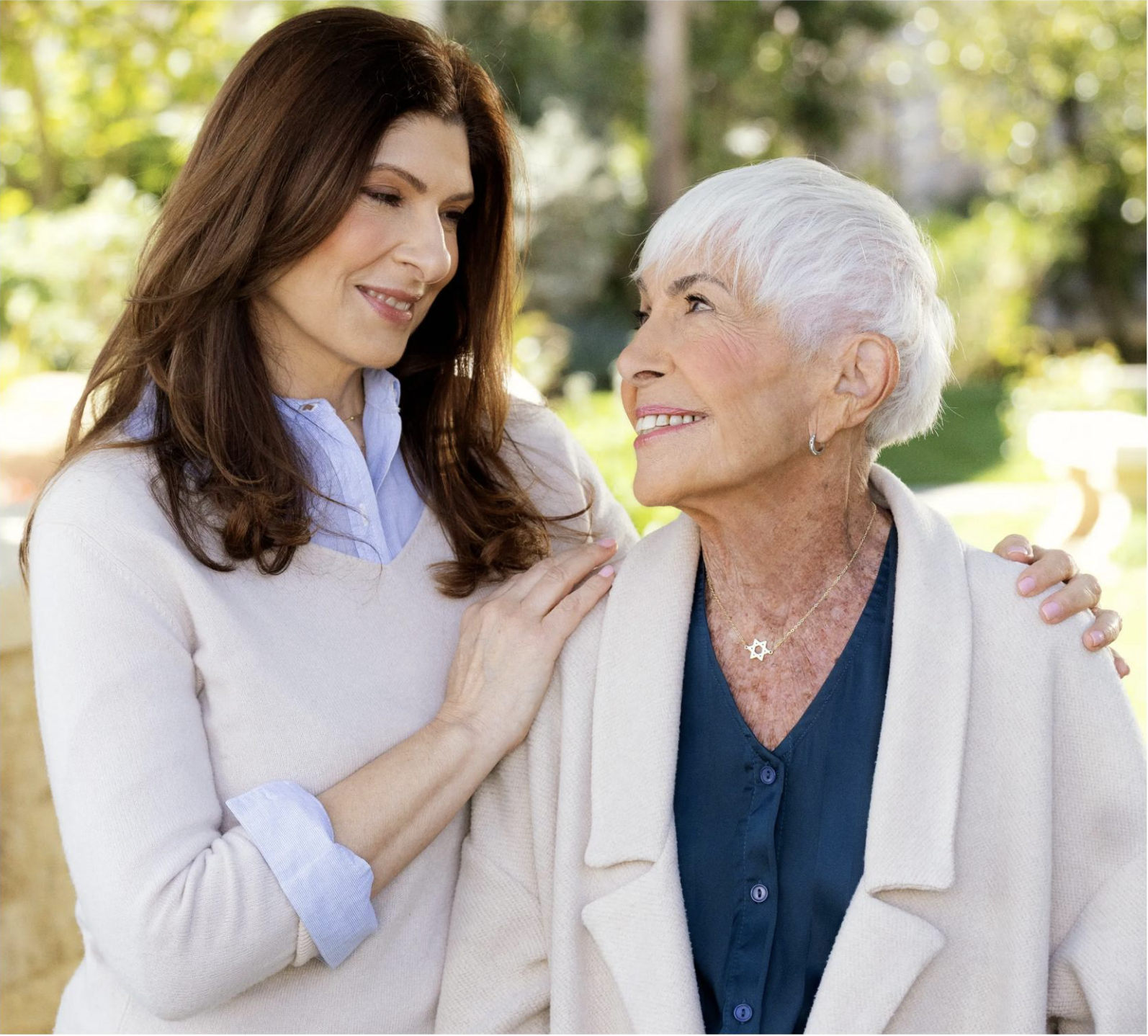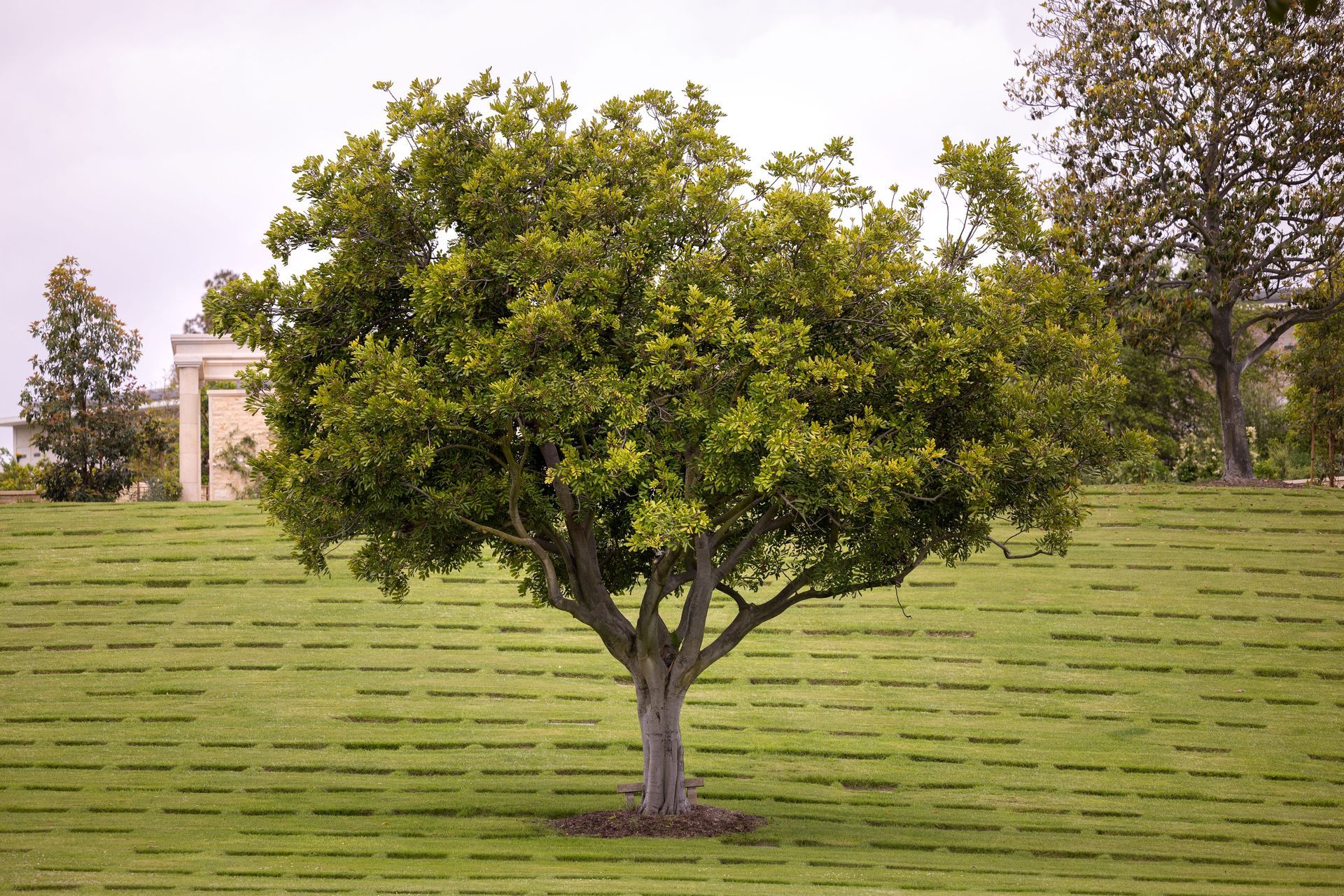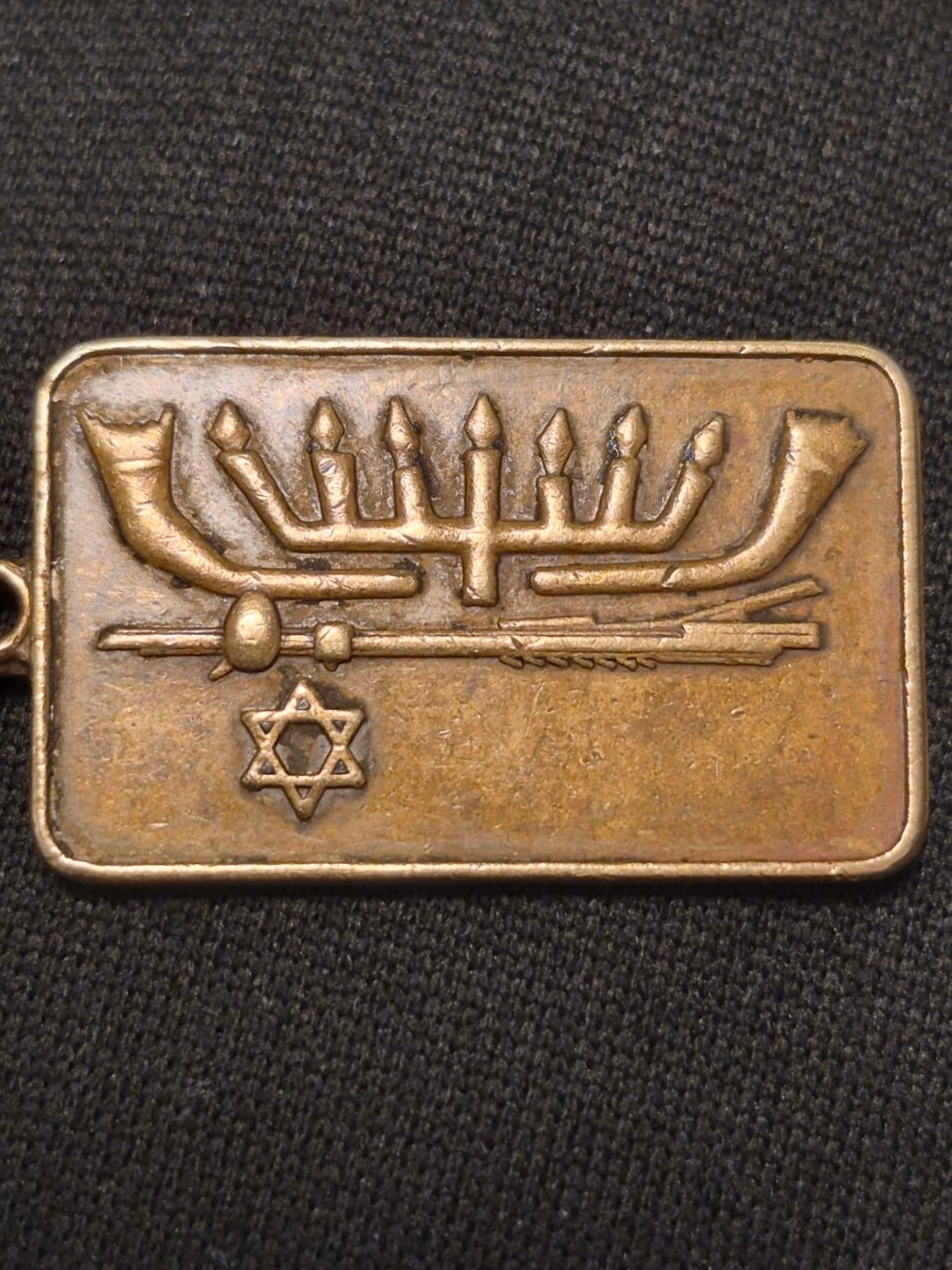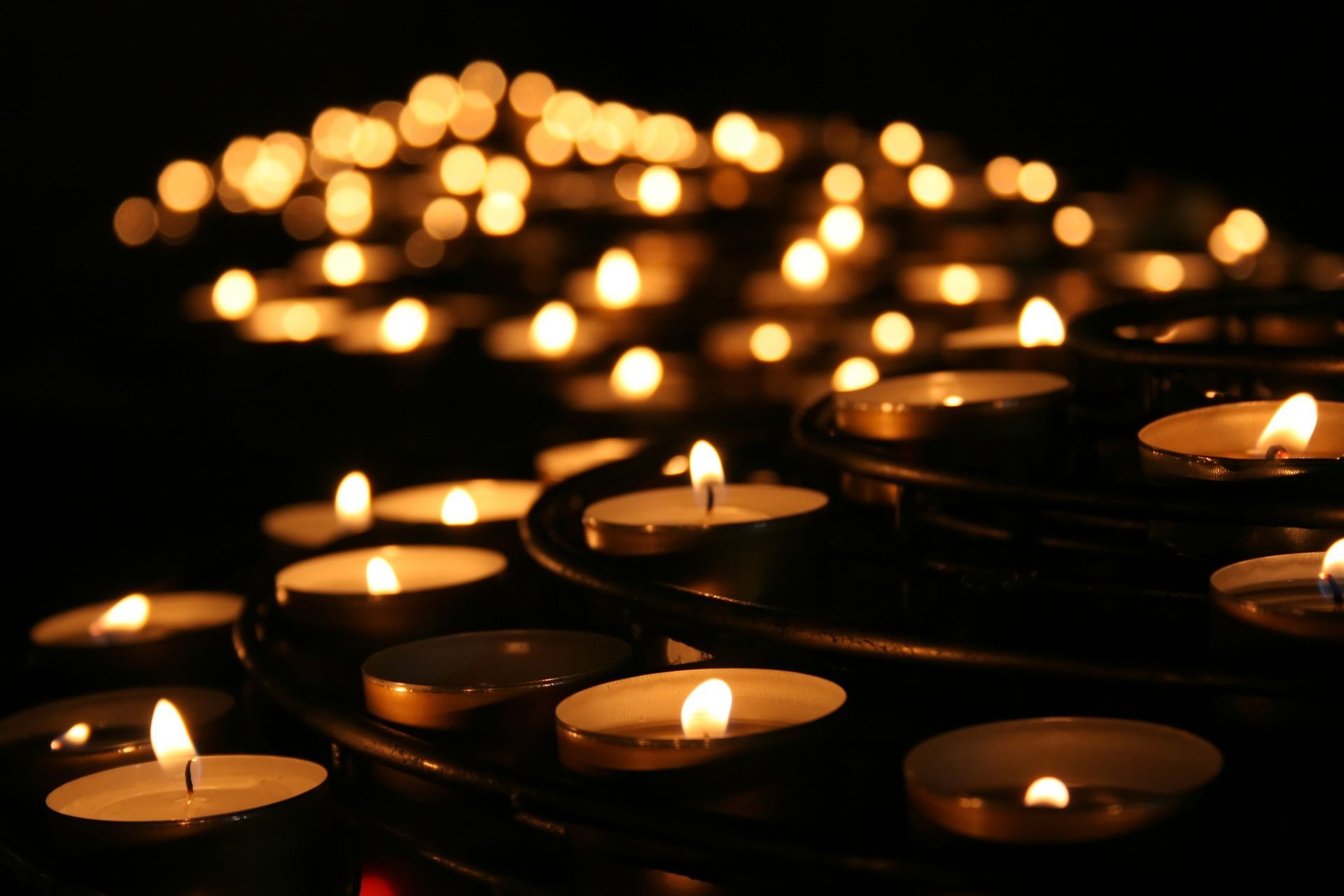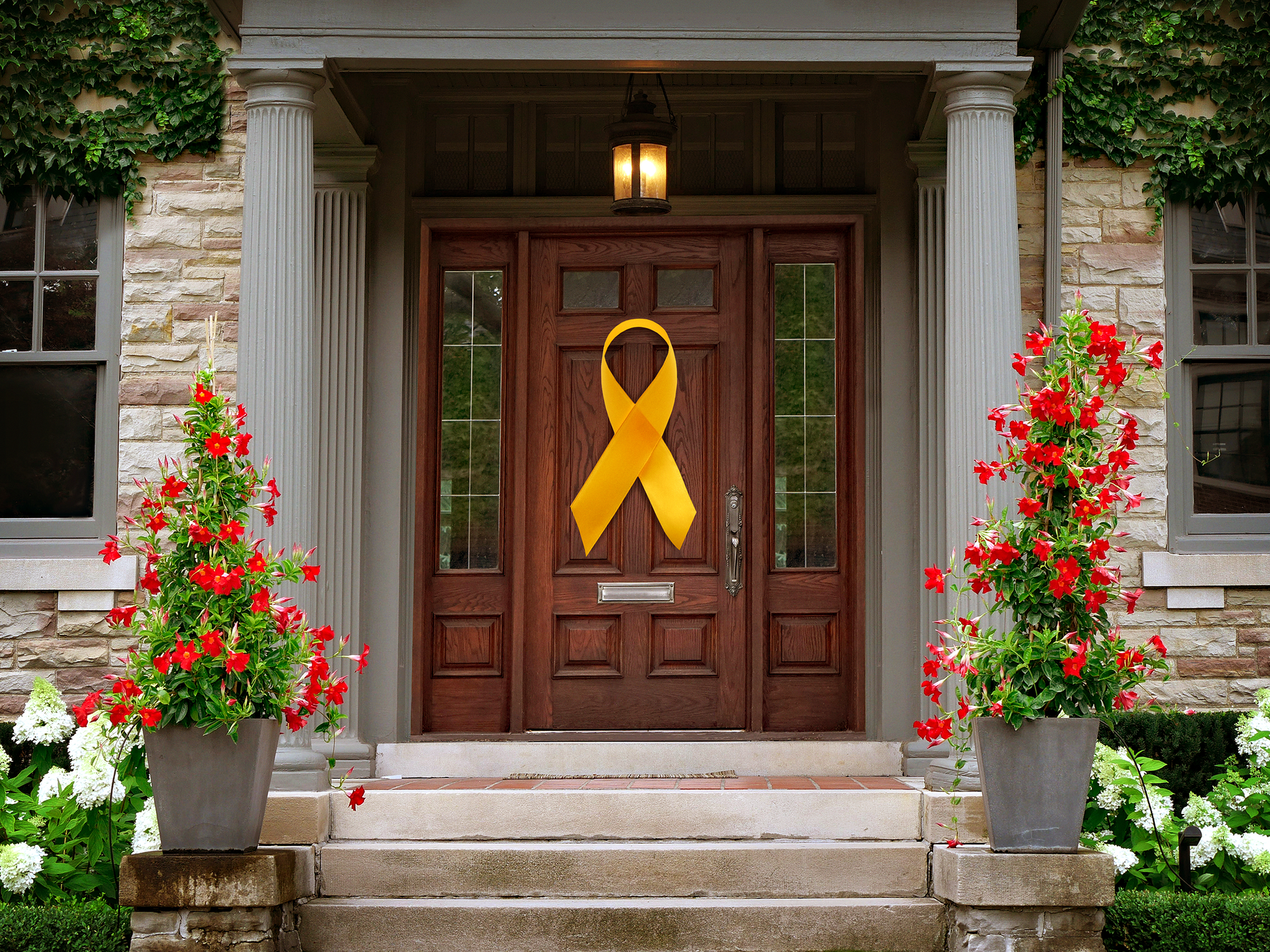Hosting Memorial Events: Bringing the Community Together
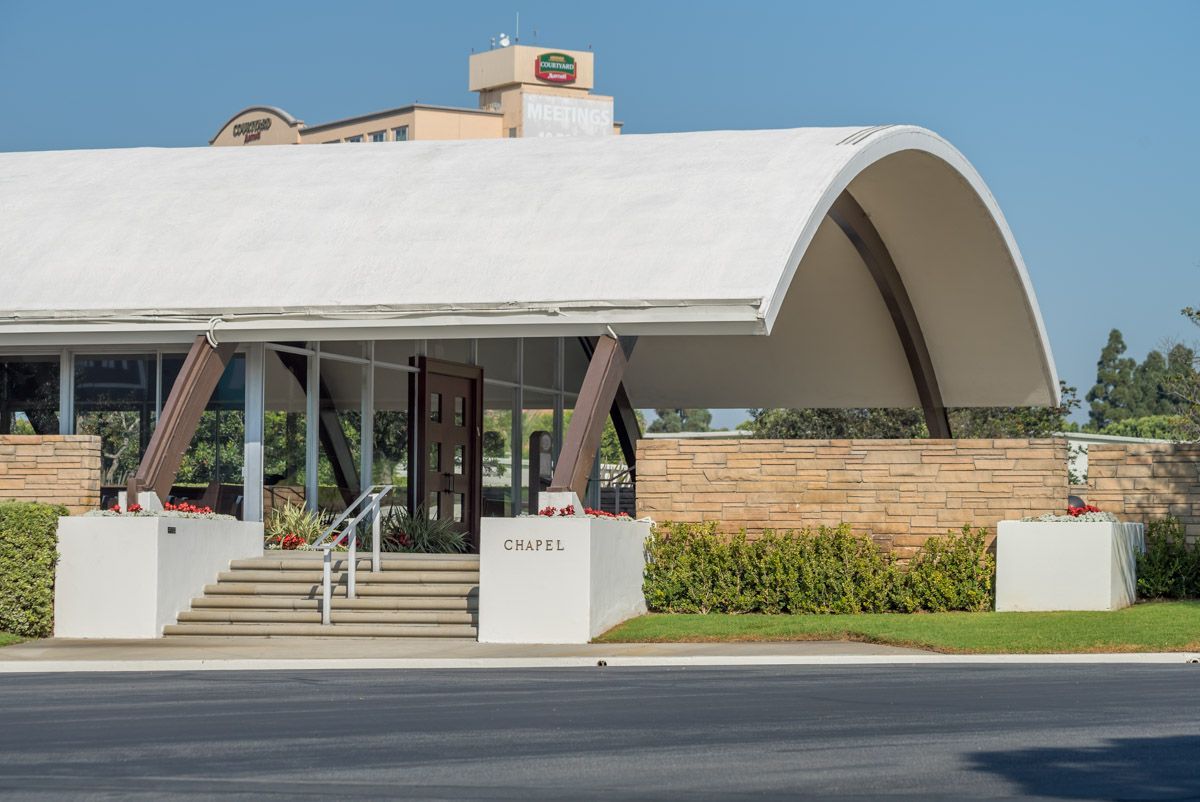
At Hillside Memorial Park and Mortuary, service to the community goes beyond funerals; it is a year-round commitment to comfort, connection, and continuity. One of the most meaningful ways Hillside fulfills this role is through hosting a variety of memorial and support events that reflect Jewish values, honor cherished lives, and strengthen the bonds of community. From seasonal ceremonies to monthly support groups and personalized receptions, these gatherings are designed to help individuals and families navigate grief while remaining rooted in remembrance.
Sacred Gatherings: Mother’s Day, Father’s Day, Kever Avot V'Imahot, and Grief Support
Each year, Hillside brings people together through signature memorial events that honor the legacy of parents and provide space for collective healing.
Mothers’ Day Remembrance Service
On Mothers’ Day, we gather to honor the extraordinary women who have shaped our lives. Whether our mothers are still present or held close in memory, this service celebrates the sacredness of motherhood through music, song, prayer, and comforting words. It is a time to reflect, to remember, and to draw strength from being among others who share the same tender emotions.
Fathers’ Day Remembrance Service: Sunday, June 15th
On Fathers’ Day, we recognize the fathers and father figures who remain guiding lights in our lives. Our upcoming remembrance service pays tribute to their strength, wisdom, and enduring love. We invite you to join us for a morning of music, song, prayer and reflection on June 15th as we celebrate and honor their legacies from generation to generation. You can register for this year’s Father’s Day Remembrance Service on our site here.
Kever Avot V’Imahot Service: Sunday, September 28th
The Kever Avot V’Imahot Service at Hillside Memorial Park and Mortuary is a cherished tradition that offers families a meaningful opportunity to visit the graves of loved ones during the High Holy Days. Our largest event that falls between Rosh Hashanah and Yom Kippur, Kever Avot V’Imahot is rooted in the Jewish value of honoring memory and maintaining connection across generations. The service blends prayer, reflection, and community gathering in a peaceful, sacred setting. By creating space for remembrance during this spiritually significant time, Hillside helps individuals and families feel supported, comforted, and connected to those they have lost.
Monthly Grief Support Groups
Our grief support groups are another essential pillar of Hillside’s community offerings.
Led by Maggi Scharf, M.Ed., CPCC, Certified Grief Educator, these monthly sessions are designed to help participants navigate the healing process in a supportive group setting. For those coping with recent loss or ongoing grief, the opportunity to share space with others can be a powerful step forward. You can learn more or register here.
Gathering After the Service: Personalized Memorial Receptions
In addition to public ceremonies, Hillside also offers private reception services following funeral services – a practice that has grown in response to the evolving needs of the community.
“Our Mother’s Day, Father’s Day, and Kever Avot [V’Imahot] services are important events that bring our community together every year” says Mortuary Manager Jenna Moerk. “We also host receptions for families after their funeral service. Both strengthen the bonds between the bereaved and create an opportunity for people to support their loved ones.”
Planning a memorial event at Hillside includes thoughtful considerations: the size of the gathering, timing, menu selections, and any personal touches the family wishes to include. “We’re always open to personalization,” Moerk shares. “Whether it’s special music, special foods, floral tributes, or other unique details, we’ll find a way to celebrate that.”
While serving food at a cemetery is not traditionally common in Jewish practice, Hillside has thoughtfully created a respectful and welcoming space for such gatherings. “We have a large, beautiful outdoor sanctuary patio,” Moerk notes. “Families often travel from all over, and this gives them a place to gather after the service that’s both convenient and meaningful.”
What truly sets these receptions apart is the care Hillside puts into making the experience seamless. “There is availability following your service for a catered reception,” Moerk says. “It’s all organized by a specialist who works with your specific requests. We also have an amazing audio-visual system for videos, photos, music, and more.”
The feedback from families has been overwhelmingly positive. “People love it. They love being here in the park. They find it beautiful and serene, and it’s been very encouraging to know how much people appreciate it,” Moerk says.
A Space for Reflection, a Place for Connection
At Hillside Memorial Park and Mortuary, every event, whether public or private, is an opportunity to honor memory and nurture healing. We invite you to attend one of our upcoming community gatherings or to explore reception options for your own family.
To learn more or speak with a member of our team about planning or attending an event, please contact us directly. Our compassionate staff is here to support you today and in the days to come.

